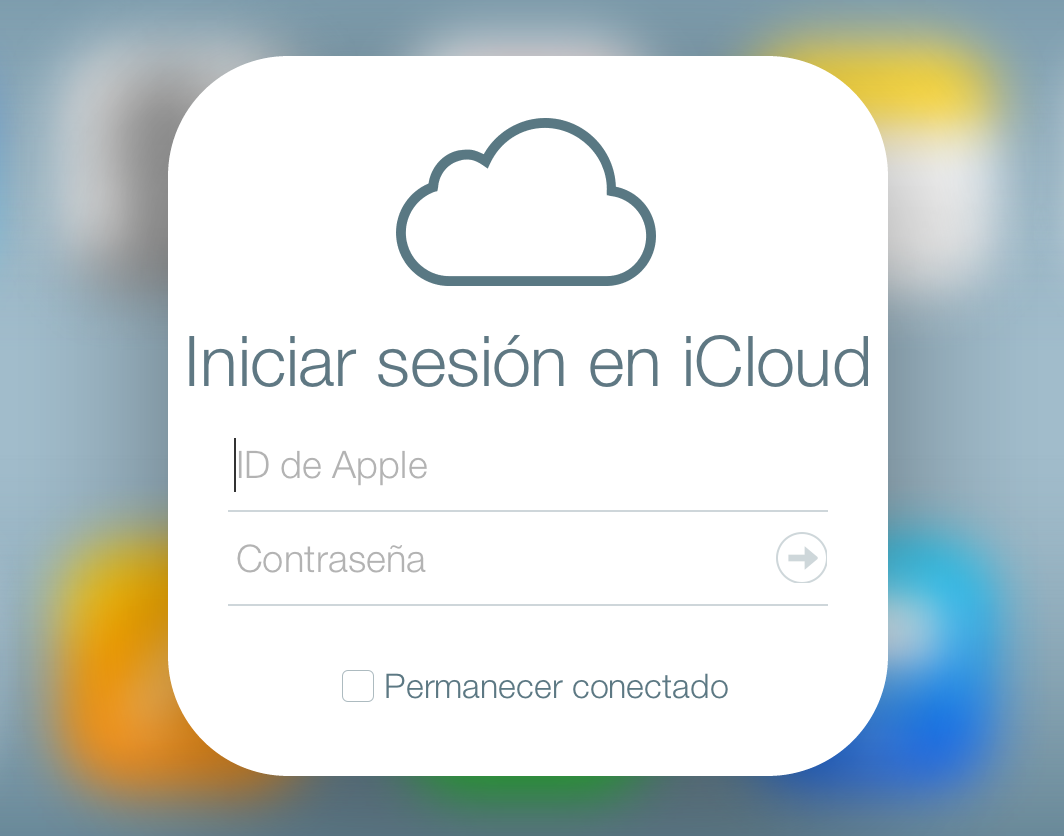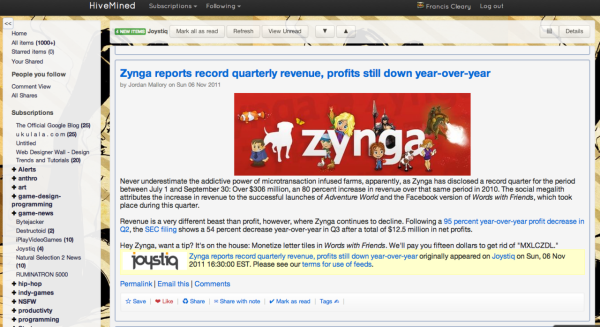The 63% of the SMEs that use cloud services would recommend them “without any doubts” and a 26% would “probably”. Satisfaction is higher among micro-SMEs: the 67% is recommended without hesitation. These are data from the survey carried out on SMEs with a web presence, within the Cloud Computing, Challenges and Opportunities report, of the National Observatory of Telecommunications and the Information Society (ONTSI).
Simply put, these services are useful "and SMEs are the ones that can get the most benefit from it," says Jorge Ramírez, founding partner of R2 Sistemas. “A few years ago, the only products that these companies hired on the Internet were their website and email. Now it is becoming common to also have its ERP program, billing, document management, backup copies and even office automation applications in the cloud ”, he adds.
"In Spain there is a very wide and varied offer of technology services in the cloud, increasing and better," says Vera Sánchez, general director of the Eurocloud Spain association. According to Álvaro Ramis, CEO of Tugestionline (BBVA Group), the market "is growing in double digits despite the crisis and in 2020 solutions for SMEs and the self-employed will reach 10% of said market".
Tailored to the SME
Cloud solutions are much cheaper than licensed software. This allows SMEs to use applications that would not otherwise be profitable. The savings come from:
Pay per use. By number of users and by the use they make of the service.
No initial investment. “Buying a software license is equivalent to buying a car: in addition to paying for it, you have to acquire and maintain servers, operating systems, backup copies, new versions ... Hiring software in the cloud is equivalent to taking out the transport subscription: you pay a fee and the manufacturer offers you its infrastructure and an all-inclusive service ”, explains Ramírez.
No fixed costs. "The employer does not need to have their own systems, which allows reducing maintenance costs, space, electricity, etc.", highlights the director of Eurocloud Spain.
Low risk. “If a cloud service is not useful, it is easy to leave it, since there is no investment (or it is minimal). And there are providers that offer free trials ”, adds Vera Sánchez.
In addition to reducing costs, cloud services can provide a competitive advantage:
Better availability. "The data is always available when and where it is needed to make decisions, which means an increase in productivity for freelancers and entrepreneurs," says Fermín Palacios, Director of Customer Experience at Arsys.
Flexible and scalable. "The use of the service can be expanded or decreased according to the needs of the company", without fear of filling the server on busy dates and without paying more in quiet months, highlights Vera Sánchez.
Be up to date. Suppliers constantly improve their services to incorporate the latest developments in technology, management and regulations. "For example, when VAT changed, users of our accounting and tax management software did not have to update anything: it had already been done in the cloud," adds the Tugestionline manager.
In expansion
Despite these advantages, "54.9% of ICT user SMEs do not know about cloud services, and 77.5% of knowledgeable ones have never used them," says the ONTSI survey. The main barrier is the reluctance of entrepreneurs to upload sensitive information to the cloud. Faced with these concerns, the providers respond that the data is stored, encrypted, in environments with high security measures, and that it is replicated on different servers to guarantee its persistence in the event of technical incidents.
In any case, the companies dedicated to these services are betting on the SME market. "The offer will continue to grow, in my opinion, until the sale of licenses in the small business market disappears," says Jorge Ramírez.
“This ticket is one way only. This is confirmed by the evolution of software manufacturers, such as Google with Google Apps or Microsoft with Office 365 and Exchange online ”.
Tips for choosing the service
Before hiring, it is advisable to "test the tool, without obligation, to see if it has everything you need," says Álvaro Ramis, from Tugestionline. What requirements must you meet?
Agility of use. “The most important factor is the ease of extracting information from the cloud. We must also demand that the performance of the application be good, that it is not slow, and be careful about the availability of backup copies ”, advises Jorge Ramírez.
Client applications. “In practice, the best cloud applications are not web pages, but client apps that you download to your computer, as is the case with Skype or Dropbox. This allows working in the cloud with the same performance as if it were a local application ”, adds the founding partner of R2 Sistemas.
Fountain:
entrepreneurs.es
Marian acha













No Comment